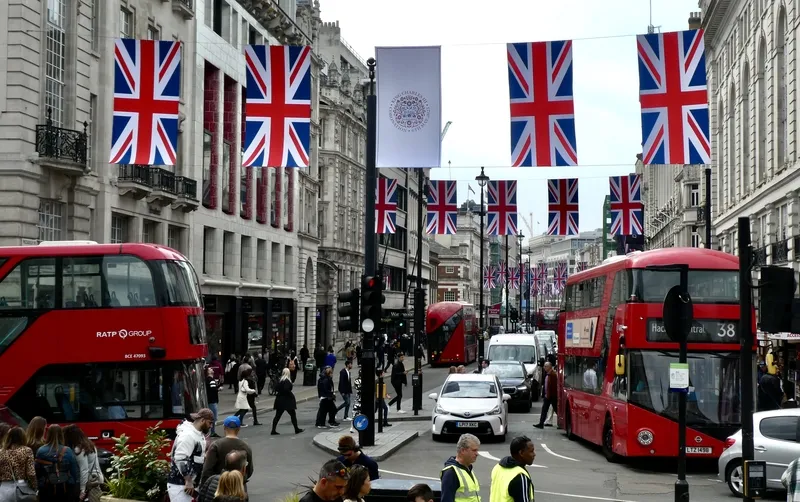UK start-up Vivacity Labs, creators of a sensor with in-built machine-learning that can identify individual road users and manage traffic accordingly has secured a total of US$3.8 million (£3 million) in funding, that could pave the way for driverless cars and truly smart cities that can recognise different vehicles and regulate traffic in real-time.
The company has secured a US$2.2 million (£1.7 million) project grant from Innovate UK to roll out a city-wide sensor network for the VivaMK project and a str
May 17, 2017
Read time: 2 mins
UK start-up Vivacity Labs, creators of a sensor with in-built machine-learning that can identify individual road users and manage traffic accordingly has secured a total of US$3.8 million (£3 million) in funding, that could pave the way for driverless cars and truly smart cities that can recognise different vehicles and regulate traffic in real-time.
The company has secured a US$2.2 million (£1.7 million) project grant from Innovate UK to roll out a city-wide sensor network for the VivaMK project and a strategic investment of US$2 million (£1.6 million) from Tracsis, Downing Ventures and the London Co-Investment Fund.
The VivaMK project, part of Innovate UK’s Smart Cities initiative, will see Vivacity Labs deploy 2,500 of its sensors across 50 square miles of Milton Keynes, monitoring all major junction points and car parking spaces. This is the first step in creating an intelligent traffic management system that avoids bottlenecks and improves safety by influencing traffic movement as it happens, based on the type of traffic and monitoring the areas where it becomes congested. The first 12 months of the project will involve installation of the sensors and subsequent data gathering (expected to start in September), followed by integration into traffic management systems.
The cameras will also allow future traffic lights to give priority at signalled intersections to cyclists, buses or ambulances. Vehicle dashboards that communicate with traffic lights could also flag the presence of cyclists to lorry drivers. The technology could also improve safety for pedestrians by enabling traffic signals to communicate with driverless cars and inform them if pedestrians are crossing the road.
Vivacity Labs’ systems will also allow Tracsis to create a much more efficient traffic management system by replacing manual image processing with cameras that have built-in AI technology.
The company has secured a US$2.2 million (£1.7 million) project grant from Innovate UK to roll out a city-wide sensor network for the VivaMK project and a strategic investment of US$2 million (£1.6 million) from Tracsis, Downing Ventures and the London Co-Investment Fund.
The VivaMK project, part of Innovate UK’s Smart Cities initiative, will see Vivacity Labs deploy 2,500 of its sensors across 50 square miles of Milton Keynes, monitoring all major junction points and car parking spaces. This is the first step in creating an intelligent traffic management system that avoids bottlenecks and improves safety by influencing traffic movement as it happens, based on the type of traffic and monitoring the areas where it becomes congested. The first 12 months of the project will involve installation of the sensors and subsequent data gathering (expected to start in September), followed by integration into traffic management systems.
The cameras will also allow future traffic lights to give priority at signalled intersections to cyclists, buses or ambulances. Vehicle dashboards that communicate with traffic lights could also flag the presence of cyclists to lorry drivers. The technology could also improve safety for pedestrians by enabling traffic signals to communicate with driverless cars and inform them if pedestrians are crossing the road.
Vivacity Labs’ systems will also allow Tracsis to create a much more efficient traffic management system by replacing manual image processing with cameras that have built-in AI technology.









